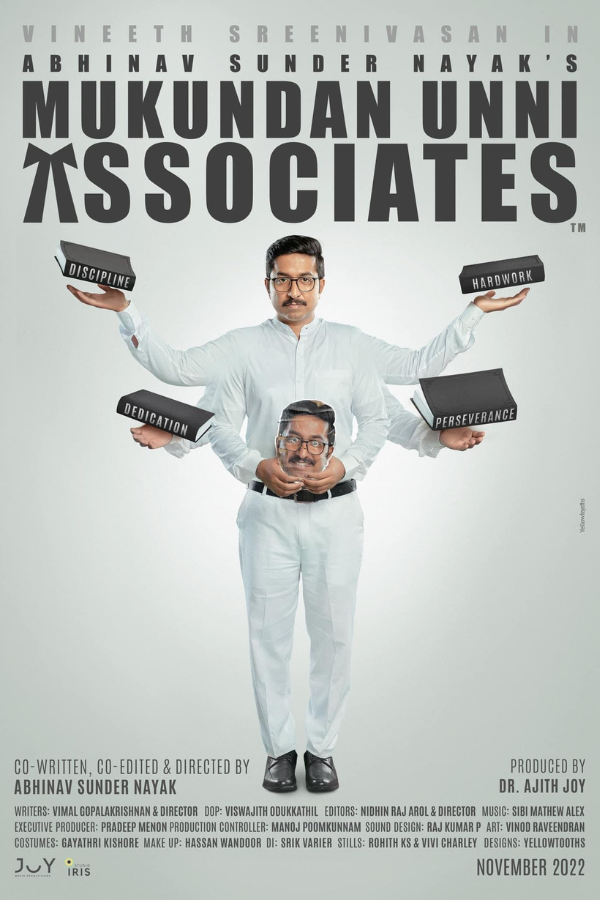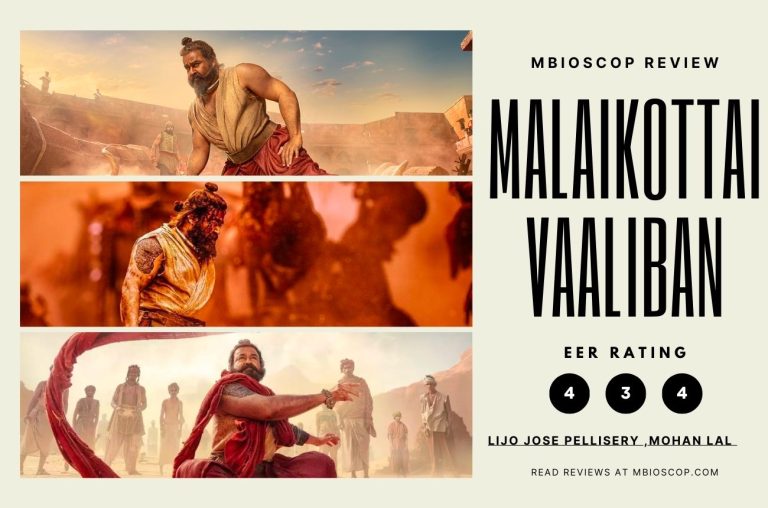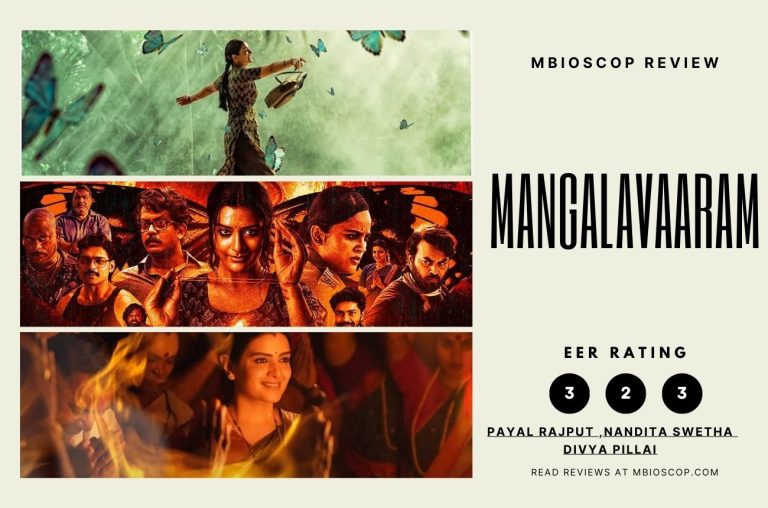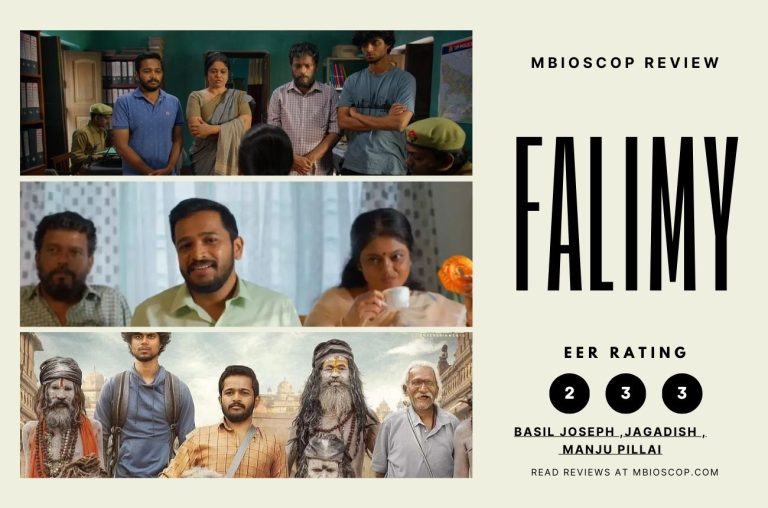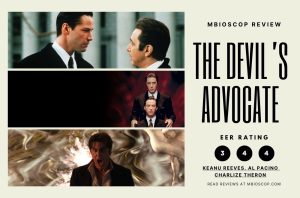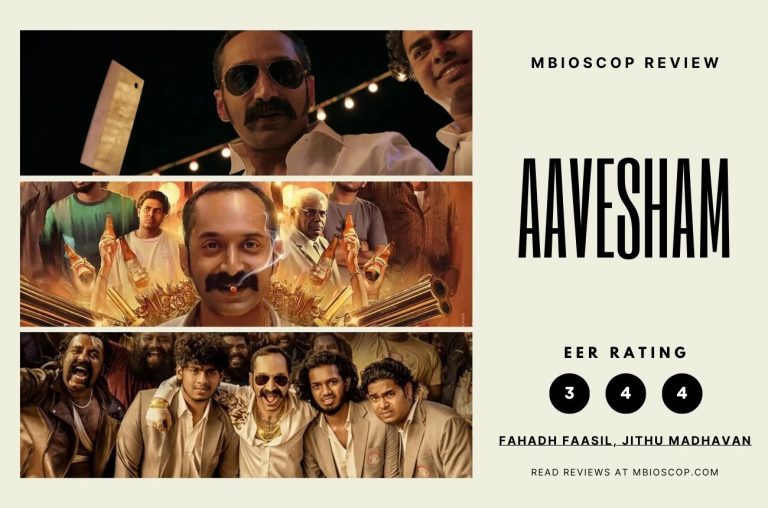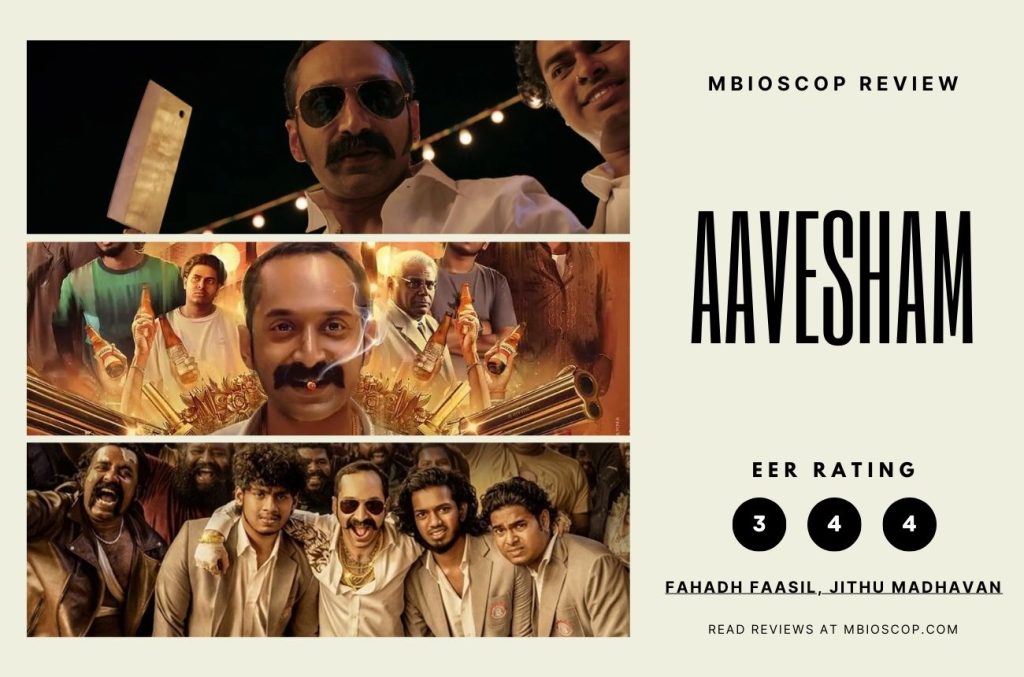Mukundan Unni, the enigmatic protagonist of Mukundan Unni Associates, stands at the crossroads of age and identity, a character crafted in the mold of dark comedy-drama. At 36 years old—or so it seems—Mukundan Unni is a man with a peculiar relationship with time. For the past few years, he has stubbornly clung to the age of 29, a quirk known only to himself and the government, who has the accurate birth records. This dual existence, a divergence between the official and perceived reality, sets the stage for a character who is as elusive as the concept of time itself.
His mornings unfold in a ritual akin to Patrick Bateman, an anal-retentive routine that speaks volumes about his meticulous nature. Neatly ironed shirts, well-groomed hair, and a carefully trimmed mustache adorn Mukundan Unni, a stark contrast to his disdain for those who neglect self-care. However, unlike Bateman, the successful veneer eludes Mukundan Unni. A down-on-his-luck lawyer, he yearns for success, willing to cut corners and embrace any means necessary to climb the ladder.
Drawing parallels with American Psycho may seem tempting, yet the similarities are superficial. While both characters share a willingness to indulge in their baser instincts without remorse, Mukundan Unni distinguishes himself as a sociopath with a penchant for meticulously planned murders. His methods are as diverse as a snake coiled with Chekhovian brilliance, showcasing a dark ingenuity that sets him apart from the chainsaw-wielding chaos of Bateman.
The movie trailer hints at a Better Call Saul vibe, introducing a lawyer ready to sidestep procedures and trick unsuspecting passersby—a motif reminiscent of Breaking Bad’s prequel and sequel. However, Mukundan Unni deviates from the morally ambiguous Jimmy McGill or Saul Goodman. His ambitions align more with Tom Ripley of The Talented Mr. Ripley, harboring a chip on his shoulder and possessing the skill to fabricate stories and execute complex maneuvers on a whim.
In a cinematic landscape rich with anti-heroes, Mukundan Unni stands as a unique figure. Mollywood’s history boasts characters like Bhaskara Patelar, Shammi, or Viswanath, whose exploits met poetic or cinematic justice. However, Mukundan Unni breaks the mold, evading any semblance of retribution or regret. He thrives in a dog-eat-dog world, embodying the philosophy that survival demands being the biggest dog of them all.
Friendships are disposable, relationships lack trust, and everyone is a potential pawn in Mukundan Unni’s game of wealth. He strays into the realm of an antagonist rather than the traditional antihero archetype, devoid of noble causes or moral dilemmas. His amorality is unwavering, evident in a Dexter-like monologue that lacks internal conflict.
The movie introduces a notable departure from the usual narrative trope by presenting Meenakshi, Unni’s ‘love interest,’ as equally vile and vicious. Unlike conventional female characters who act as sacrificial lambs, Meenakshi revels in the scheming ways of her counterpart. This absence of redemption arcs or moral high grounds breaks new ground in Mollywood, showcasing a director unafraid to portray unscrupulous characters, regardless of gender.
Lijo Jose Pellissery, the director, echoes the sentiment that cinema need not carry a moral message. Nayak resists the temptation to present a cautionary tale about the perils of greed and envy. There are no finger-wagging moments, no moral reprimands for Unni and Meenakshi’s outlier duo. The film stands as a refreshing departure from the expectation of moral responsibility in cinema, a testament to the director’s commitment to storytelling free from the shackles of didacticism. Mukundan Unni Associates invites its audience into a world where morality is as elusive as the protagonist himself, leaving them to grapple with the consequences of a narrative unburdened by moral absolutes.


